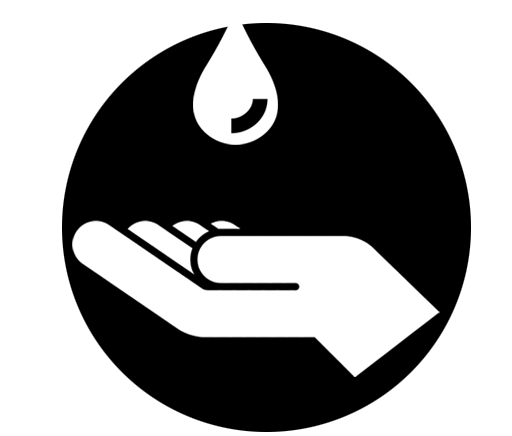Water is a precious resource, and it’s something we often take for granted. However, with growing concerns about water scarcity and rising utility costs, conserving water is not only an environmentally responsible choice but also a savvy financial decision. As a homeowner or renter, you can take steps to reduce your water usage, lower your water bills, and contribute to a sustainable future. In this blog post, we’ll explore some practical water conservation tips that will help you save money and valuable resources.
- Fix Leaks Promptly: One of the most common sources of water waste in homes is leaky faucets, running toilets, and dripping pipes. A small, seemingly insignificant leak can add up to gallons of wasted water over time. Regularly check for and repair leaks to prevent water from going down the drain.
- Upgrade to Water-Efficient Fixtures: Consider replacing old, water-guzzling fixtures with water-efficient alternatives. High-efficiency toilets, low-flow showerheads, and faucet aerators can significantly reduce water consumption without compromising on performance. Look for fixtures with the WaterSense label, which indicates they meet EPA standards for water efficiency.
- Install a Smart Irrigation System: If you have a garden or lawn that requires regular watering, consider investing in a smart irrigation system. These systems use sensors and weather data to optimize your watering schedule, ensuring that you water your plants only when needed. This not only conserves water but also saves you money on your water bills.
- Collect Rainwater: Harvesting rainwater is a sustainable way to water your garden or landscaping. Set up rain barrels or a rainwater harvesting system to capture and store rainwater for later use. This free source of water can reduce your reliance on municipal water supplies and lower your water bills.
- Be Mindful of Your Water Usage: Simple changes in your daily habits can make a significant difference. Turn off the tap while brushing your teeth or washing dishes, and only run your washing machine and dishwasher with full loads. These small adjustments can add up to substantial water savings over time.
- Insulate Your Pipes: Insulating your hot water pipes can help you get hot water faster and prevent water wastage while waiting for it to heat up. This also conserves energy, as you won’t need to run the tap as long to achieve the desired temperature.
- Reuse Graywater: Graywater is wastewater from sources like sinks, showers, and washing machines that can be reused for non-potable purposes, such as watering plants. Install a graywater system to recycle this water and reduce your reliance on fresh water for tasks like irrigation.
- Schedule Water-Intensive Tasks Wisely: When it comes to activities like doing laundry or watering your lawn, consider doing them during off-peak hours. This can lead to lower water pressure, which reduces water consumption and ultimately saves you money.
- Inspect and Adjust Your Water Softener: If you have a water softener, ensure that it’s working efficiently. Excessive use of salt can lead to increased water consumption, so regularly check and adjust your softener settings as needed.
- Educate Your Household: Share these water conservation tips with your family or household members. When everyone is on board with saving water, your collective efforts can make a more significant impact.
In conclusion, water conservation isn’t just about helping the environment; it’s also about reducing your water bills and preserving a valuable resource. By implementing these water-saving tips in your daily life, you can take a proactive approach to both saving money and protecting the planet. Start today, and make a positive impact on your finances and the environment.

